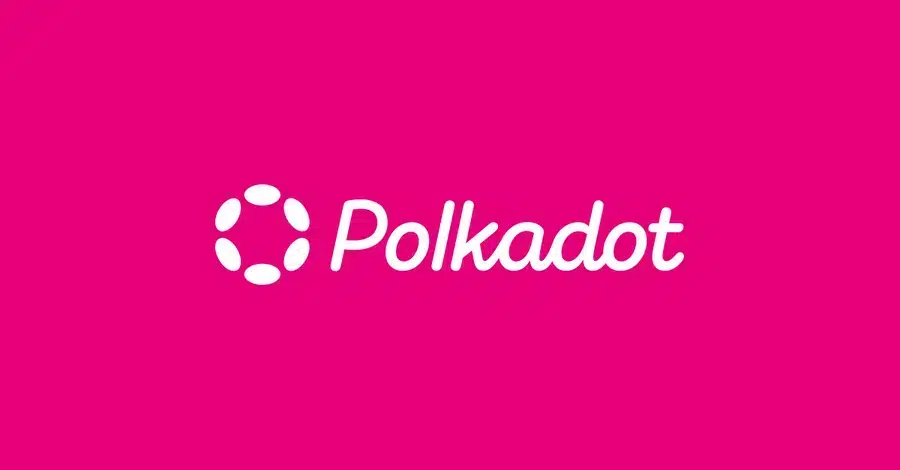- Polkadot 2.0 launches in Q1 2025, featuring Elastic Scaling for enhanced blockchain scalability and performance.
- Alchemy Pay partners with Polkadot to expand DOT transactions across 173 countries and 50+ fiat currencies.
Set to release in the first quarter of 2025, Polkadot’s eagerly awaited update to version 2.0 marks a major advance in blockchain scalability and performance.
The startup behind Polkadot, Parity Technologies, has disclosed that early testing on Kusama, Polkadot’s experimental network, is already under way on the Elastic Scaling capability, a pillar of this version.
Elastic Scaling, unlike the present architecture, lets a single parachain use several cores in the relay chain, hence increasing transaction throughput and improving general network efficiency.
Async Backing
Agile Coretime
Elastic ScalingRemember ELASTIC SCALING, the final piece of the Polkadot 2.0 jigsaw?
You can try out an early version that's being tested right now on @kusamanetwork
The @Polkadot version will be made ready in Q1 of 2025. pic.twitter.com/TEMb77Lxhk
— Parity Technologies (@paritytech) November 29, 2024
Pioneering Elastic Scaling and Advanced Features for Polkadot 2.0
Elastic Scaling is first being used in several phases. The first phase lets parachains with reliable collator sets employ up to three cores per relay chain block. This improvement lowers block times to only two seconds and essentially triples their processing capability.
The next steps will try to make this system better by stabilizing the slot-based collator system and integrating it into the Cumulus architecture. Parity Technologies expects Elastic Scaling to be completely operational and ready for deployment on Polkadot by early 2025, therefore complementing the wider Polkadot 2.0 rollout.
Designed to increase scalability and developer accessibility, this version also brings Asynchronous Backing and Agile Coretime. Agile Coretime dynamically allocates network resources based on demand, while Asynchronous Backing allows for the handling of more transactions in parallel.
These developments are likely to establish Polkadot as a leader in offering scalable and interoperable blockchain solutions, therefore meeting the increasing needs of distributed application developers all around.
On the other hand, as we previously noted, Alchemy Pay has teamed with Polkadot to enable flawless DOT transactions spanning 173 countries, therefore supporting over 50 fiat currencies.
Visa, Mastercard, Apple Pay, Google Pay, and local payment systems are now part of Alchemy Pay’s worldwide reach, therefore enhancing Polkadot’s availability and acceptance.
Meanwhile, DOT is trading at about $8.74 at the time of writing; it has increased by 3.31% over the last 24 hours and shows a 17.72% increase over the last 7 days.




















